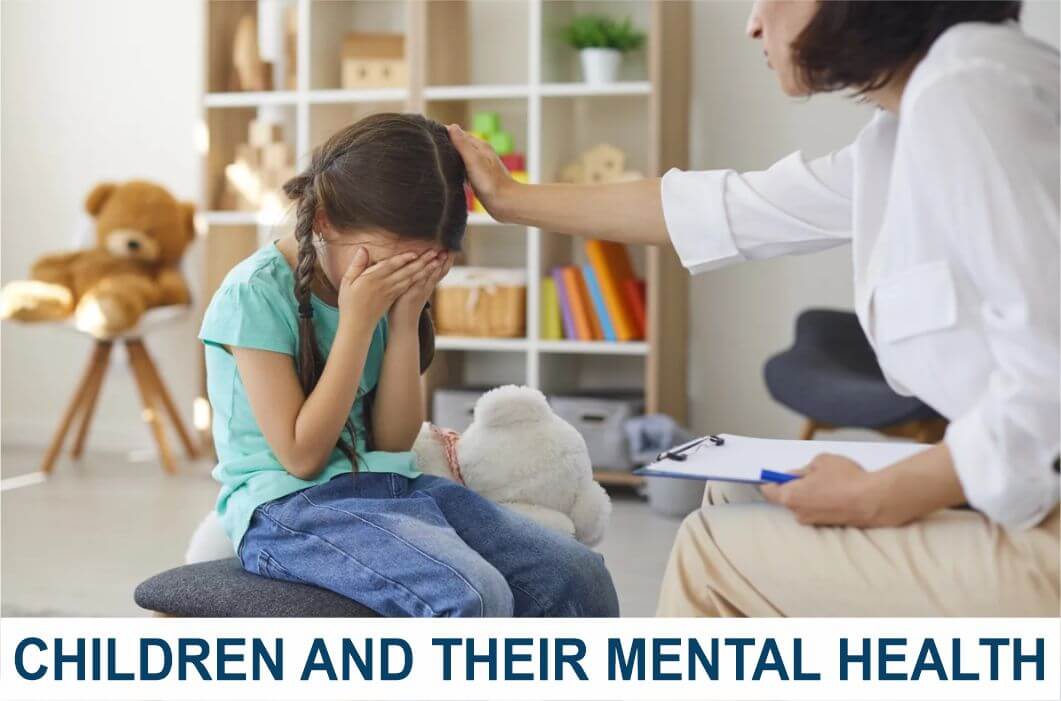What mental health needs is more sunlight, more candor, more unashamed conversation.
Glenn Close
Mental health and the issues that people suffer from have become the focal point of conversations in the last few years. Battling mental health issues at any age is very difficult, but especially when you are growing up, it can feel like the weight of the world is on your tiny shoulders and there is not a lot one can do about it.
People around the world are opening up to the idea of mental health issues being one of the major health risks in the lives of adolescents and people in their early twenties but also in the lives of young children. Feelings of despair, restlessness, anxiety, constant confusion and pain haunt your daily life and it feels like the world is collapsing on you. Yet your appearance in the outer world is fine because this chaos takes place in the hideaway spots of your brain.
The new generation is more open to the idea of healing and seeks therapy and professional guidance if they can afford it. But what about the children and teenagers who do not have the awareness or the resources to deal with mental health disorders if they suffer from them, especially when they have no idea of the severity of their condition?
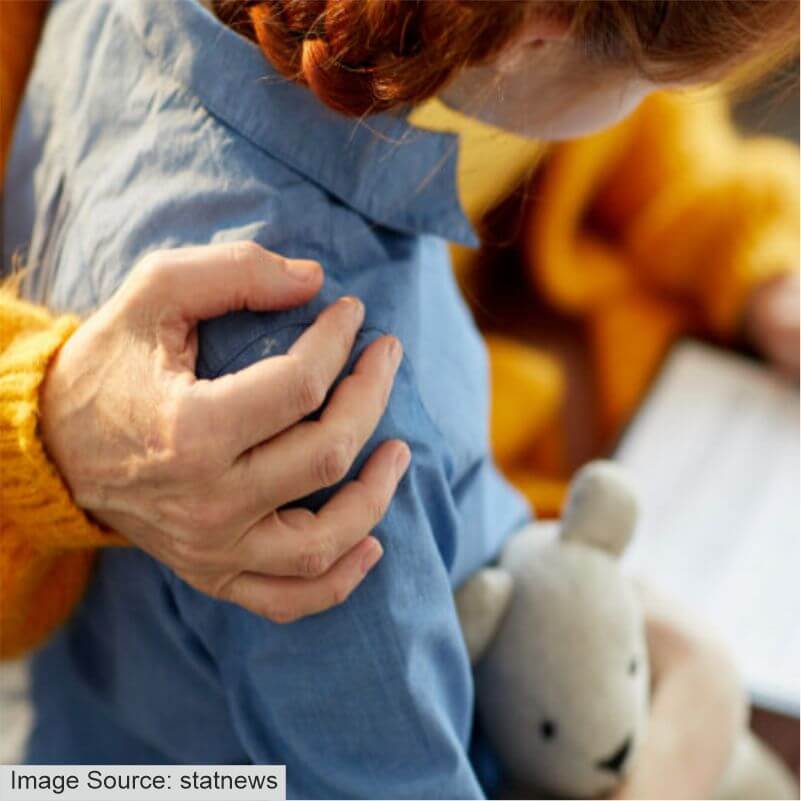
Studies have shown that traumas suffered in childhood or negligence of emotions in the early onset of one's life can develop into severe mental disorders that might resurface later in one’s life. According to the World Health Organization (WHO), worldwide, about 89 million adolescent boys aged 10–19 and 77 million adolescent girls aged 10–19 live with a mental disorder—40% of them suffer from anxiety and/or depression.
These numbers are the honest and shocking truth of the mental state of the generation of tomorrow. The report goes on to state that many of those sufferings come from third-world nations with no adequate means to deal with the crisis.
Mental health issues are not an issue that only plagues the privileged, but they are rather a curious entity with no shortcut or full-fledged solution. People who suffer from mental health issues say, "it is like getting stuck in a maze with no road map at all. Some turns and roads may look like you have come out of the maze, shining only to realize you have only completed 5% of it."The children of today have a lot to compete with, especially the rapid and overtly changing education system, coupled with the comparisons and the early exposure to the world and its bearings because of social media.
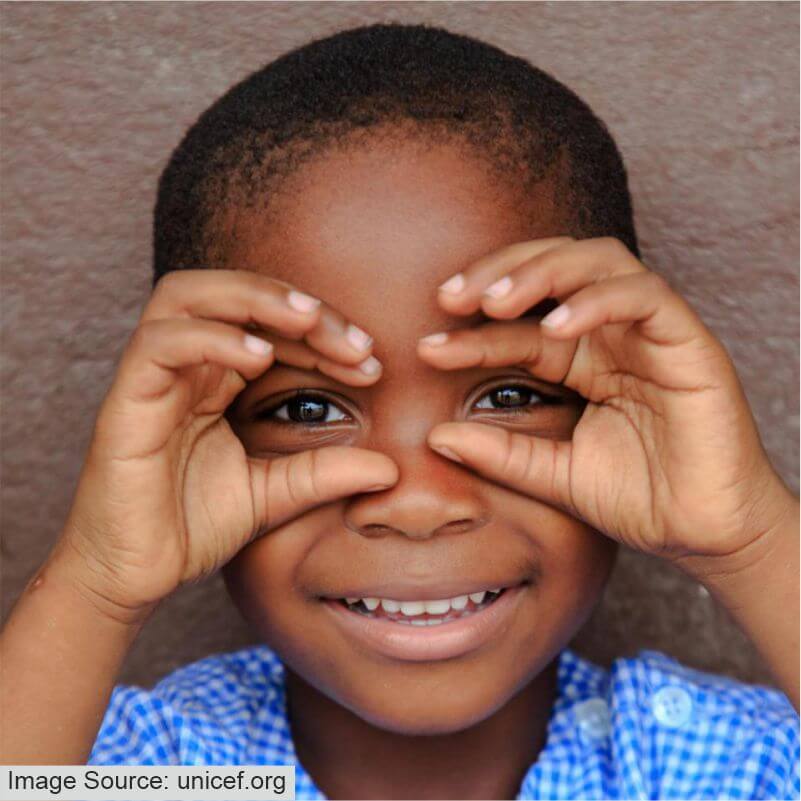
Children’s Mental Health In the Changing World
Children are more exposed to a whole new barrage of information which can get overwhelming very soon and parents and teachers might not always be equipped to deal with the rapid changes or be able to identify them at the right time. The exposure and its effects on the children, who may feel sad, lonely, worried, and unmotivated for phases of their lives, and the absolute terrible truth of it all is that they might assume that this is normal behavior.
Even when said with no malice, phrases like "It happens to everyone" and "It's all in your head," even when said with no preconceived notions, can set preconceived notions for people to subdue their emotions, stunting their growth. The term "It's in your head" has some honesty to it, because mental health disorders have a lot to do with imbalanced chemicals, and even though the brain is one of the most crucial parts of the body, the issues related to it are considered alien, at least for the most amount of time.
Just because mental health was uncharted territory for previous generations does not mean that children should bear the brunt of it now, especially with new and forthcoming studies on how mental health issues affect the development and formation of children's psyches.
The reports of WHO also offers an insight into how these disorders and neuropsychiatric conditions can impact and affect children’s ability to learn, grow, and understand emotions in daily life activities and the formation of their behavior in the years to come. Children can suffer from diseases and disorders like
- Eating disorders like anorexia nervosa or bulimia
- Attention Deficit Hyperactive Disorder (ADHD)
- Sleep disorders like insomnia
- Mood Disorders
- Neurotic Disorders
- Psychosis
- Degenerative Disorders
- Addiction
These disorders affect the daily lives of children, and what starts as some nicks and traits can have overwhelming differences in the lives of these young children who experience traumatic events and abusive parents or grow up in situations and homes that are not ideal for the child's growth. For example, when an 11-year-old Amy suffering from obsessive-compulsive disorder starts feeling unraveled and out of control at school and in her other surroundings, it affects her ability to be in a social situation and also her performance at school.
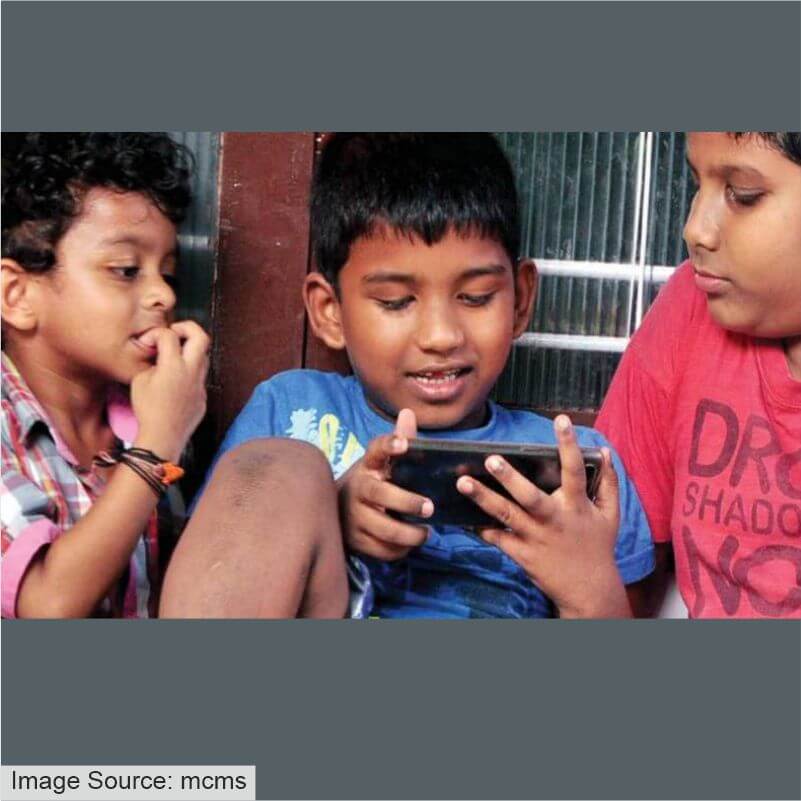
The Impact of COVID-19 On Children’s Mental Health
The situations and conversations around the health of children also came into the spotlight and have become a stressor after the onslaught of the COVID-19 Pandemic, the shutting down of schools, and the impact that no physical activities and interactions have had on the children.
UNICEF hosted a spotlight event to shine a light on the mental health crisis in India that surged during the pandemic. Children in India have been through a challenging time living through the risks and restrictions posed by the pandemic. Nothing could have prepared them for the onslaught of the second wave of the pandemic that hit India earlier this year. Children witness suffering and uncertainties that no child should have to see. Being away from family, friends, classrooms, and play caused isolation and anxiety. Children have not only been living an emotional tragedy, but many are also at a higher risk of neglect and abuse, "said UNICEF India Representative Dr. Yasmin Ali Haque.
As the COVID-19 pandemic enters its third year, the impact on children and young people's mental health continues to be significant, according to the report. Due to lockdown measures, children have had limited access to social services during the pandemic. Many young people are afraid, angry, and worried about their future because of disruptions in their routines, education, and recreation, as well as concerns about family income and health.
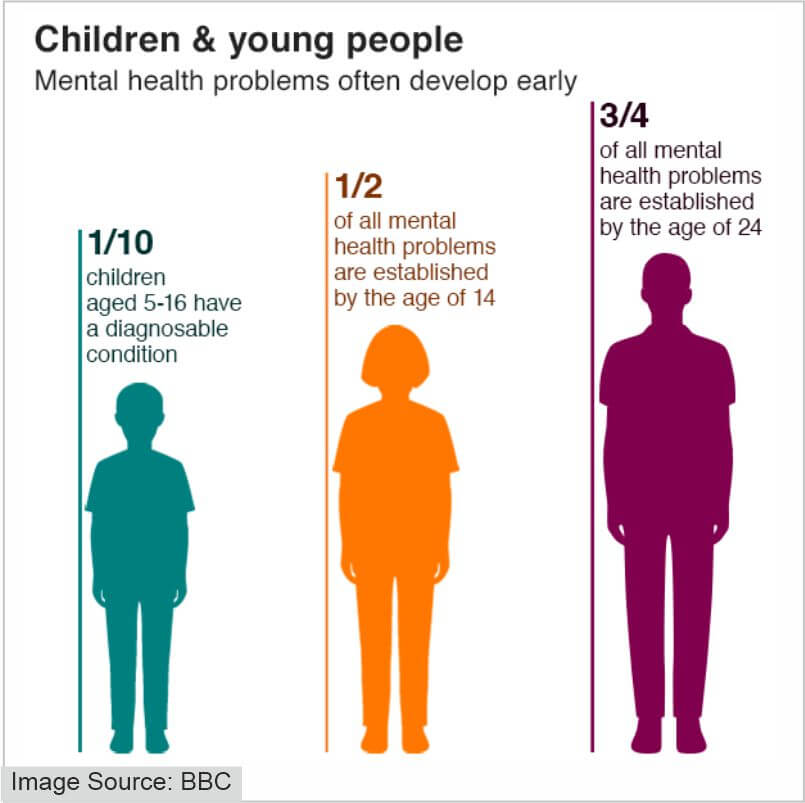
How Can You Identify the Changes in Your Children’s Behaviour?
Children who have experienced abuse or who come from abusive households have a higher chance of experiencing anxiety and post-traumatic stress disorders, and the lack of awareness and knowledge can push them towards addiction and other harmful routes to deal with the mental disorders. People need to understand that to identify and find a cure for many of these issues, we need to act and hold accountable for the lack of medical help and treatments resulting in the declining health of children.
The behavior of children and the emotions that they go through are often reflections of the environment that they live in or of what they experience in their daily lives. By mirroring the actions and mannerisms of their parents, guardians, friends, and teachers, their brains are always developing.
It is easy to dismiss the changes in the behavior of the kids as them acting like kids, but if the changes persist, parents can often think that these are behavioral issues, but there might be deeper issues at play that need to be identified and dealt with so as to not cause long-term harm. One can identify the signs and symptoms of the difference in children’s behavior if they see the listed changes over a long period of time.
Changes that one may notice in young children that can be a cause of concern if they persist, such as
- You either have frequent fits or are diligently cranky much of the time.
- They frequently talk about their fears or worries.
- Complaint about frequent bellyaches or headaches with no specified medical cause.
- They are in constant movement and cannot sit quietly (except when they're watching content or playing video games).
- Sleep a lot or too little, have frequent nightmares or feel sleepy during the day.
- aren't interested in playing with other children or have difficulty making buddies.
- struggle academically or have witnessed a recent decline in grades.
- Fear of a bad thing happening causes repetition of behavior or multiple checks on goods.
Changes that one may notice in teenagers and young adults that can be alarming over a long period, such as:
- have lost interest in the effects that they used to enjoy.
- I have low energy.
- Sleep too much or too little, or feel sleepy throughout the day.
- Are you spending more and more time alone and avoiding social contact with friends or family?
- Excessive dieting or exercise will result in weight gain.
- Engage in dangerous conduct like cutting and self-injury.
- Engage in dangerous or destructive behavior alone or with friends.
- Have you considered suicide?
- I have days of largely elevated energy and exertion and need much less sleep than usual.
- They do not feel in control of their lives.
These issues were highlighted in the reports issued by the National Institute of Mental Health. While understanding the transforming mental health and its prolonged effects can seem like a heavy task and also be worrisome for the parents and guardians who don’t want these children to suffer through issues.
Perplexing Effect On the Parents And Guardian
Children are the purest form of being there is, and it is a very heartbreaking thing for a parent to see their child suffer. When a kid falls or injures themselves physically, the torment that a parent feels is too much and they rush to give them immediate relief and treatment from the pain because they cannot bear to see the child go through any pain.
The sleepless nights and hours of doctor's visits only come with the shining hope at the end that your kid will be fine. But that is not the case when a child suffers from mental illnesses or disorders. The uncertainty and helplessness can make the parents also suffer the same pain.
But like most things, mental illnesses are preventable and have treatments that, if detected early, can help the children heal in time and cope with the disorders. The United Nations Foundation recommends that parents encourage conversations with their children about mental health and their well-being in general.
They should also work with the school and other institutions that the child is a part of and ensure that the environment and the culture of the school are focused on the overall growth and well-being of the students and that these schools have the necessary faculty and counselors who are trained to deal with young kids and enforce healthy and positive practices in the daily routine of these children to ensure a safe space for learning.
Parents and teachers can also urge legislators and government officials to take charge of enforcing mental health regulations in school curriculums and provide facilities and awareness camps for kids in rural regions. These regular checkups can help in diagnosing high-risk cases which often go unnoticed and can help with the treatment of the same for the prevention of long-term effects on the child’s life.
What Does The Future Entail For Children’s Mental Health?
In a report published on the UNICEF website, even before the pandemic, more than one in every seven teenagers aged 10 to 19 is considered to have a mental illness. According to the survey, South Asia has the largest number of teenagers with mental problems.
In India, most children with mental illnesses go undetected and are afraid to seek help or therapy. According to the Indian Journal of Psychiatry in 2019, at least 50 million children in India were impacted by mental health difficulties before the pandemic, with 80–90% not seeking help.
While protective factors such as loving caregivers, safe school environments, and strong peer interactions can help minimize the likelihood of mental disorders, the report warns that significant barriers, such as stigma and a lack of funding, are preventing too many children from having positive mental health or getting the help they need.
Mental health is something that should be dealt with passion and caution rather than stigma and aggression. It should be made a common practice to take counseling without the added shame or hesitation.
It has to be ingrained in everyone’s mind that mental health matters and no one should have to suffer through it alone and lose their lives just because we failed to act on creating a better environment for the kids. Mental health well-being is crucial for children and needs to be dealt with like any other essential physical care would, because mental health is still "health" and not a myth.
